Small businesses across Wyoming are bracing for potential disruptions as President Donald Trump’s tariff policies continue to shift, creating uncertainty for retailers and importers, WyoFile reports.
Many business owners who rely on global supply chains say the on-again, off-again nature of the tariffs makes it difficult to plan for the future, impacting hiring decisions, inventory management, and long-term financial stability.
Cara Rank, who owns two Jackson-based businesses—Objet West by XoWyo, an event rental company, and XoWyo Paper and Press, a custom stationery business—was preparing for a significant financial hit due to proposed tariffs. She had placed a $200,000 order for imported glassware, porcelain dinnerware, and cutlery from Europe, which would have been subject to an additional $40,000 in tariffs.
Faced with this unexpected cost, Rank put a hiring decision on hold, delaying plans to bring on a full-time employee with a $70,000 salary. However, in a sudden reversal, the Trump administration announced a 90-day pause on most tariffs, except for those targeting China, which were raised significantly.
The unpredictability of the trade policies has made it difficult for small business owners like Rank to make confident financial decisions.
“It’s a roller coaster,” she said. “You don’t know how to plan for your business because [Trump] is so erratic.”
In Casper, longtime local business Fashion Crossroads has weathered decades of changes in global trade. The store, originally part of the Mode O’ Day franchise, has been in business since 1974 and is now run by Kyleen Stevenson-Braxton, who took over from her mother.
Much of Stevenson-Braxton’s merchandise is imported, with premium textiles coming from Canada and more affordable clothing sourced from China, India, and Mexico. With tariffs on Chinese imports now at 125%, she anticipates rising costs in the near future.
“It’s very scary to me, honestly, as a business owner,” Stevenson-Braxton said. “Not just the tariffs, but I’m afraid that our economy’s going to get broken.”
Her concerns extend beyond the direct costs of tariffs. Supply chain disruptions and rising prices for materials like fabric, zippers, and buttons—some of which have already been impacted by inflation—could make it difficult to keep prices competitive.
“We can’t just pass all of these increases on to customers, but we also can’t absorb them all,” she explained. “At some point, shoppers will hit their spending limit.”
Wyoming Camera Outfitters, another Casper-based business, is also experiencing uncertainty. The store sells imaging equipment from brands like Canon, Nikon, and Sony—most of which are manufactured in Japan and the Philippines.
Before Trump’s tariff reversal, store manager Chris Luse said manufacturers were already scrambling to adjust.
“We’re getting emails left and right,” he said. “The first thing we’ll likely see is the quick elimination of rebates and incentives.”
The uncertainty has even led to some panic buying among customers, who are concerned about potential price hikes. Rank, the Jackson business owner, said she had considered making bulk purchases of electronics and packaging materials—items she typically imports from China—to get ahead of possible increases.
With the pause on most tariffs in place, business owners have some temporary relief, but many remain cautious. They are still dealing with the baseline 10% tariff that went into effect on April 5, and the situation with China remains volatile.
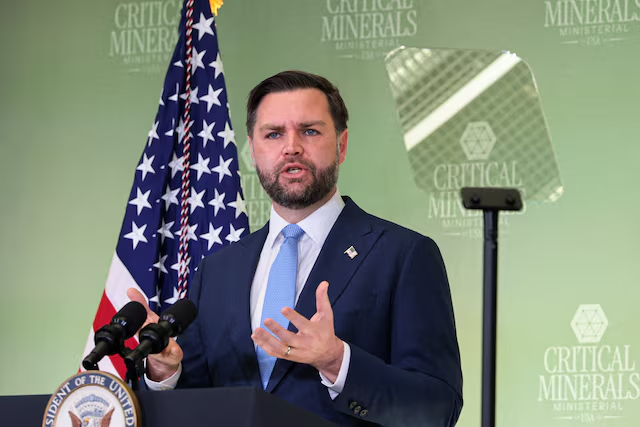

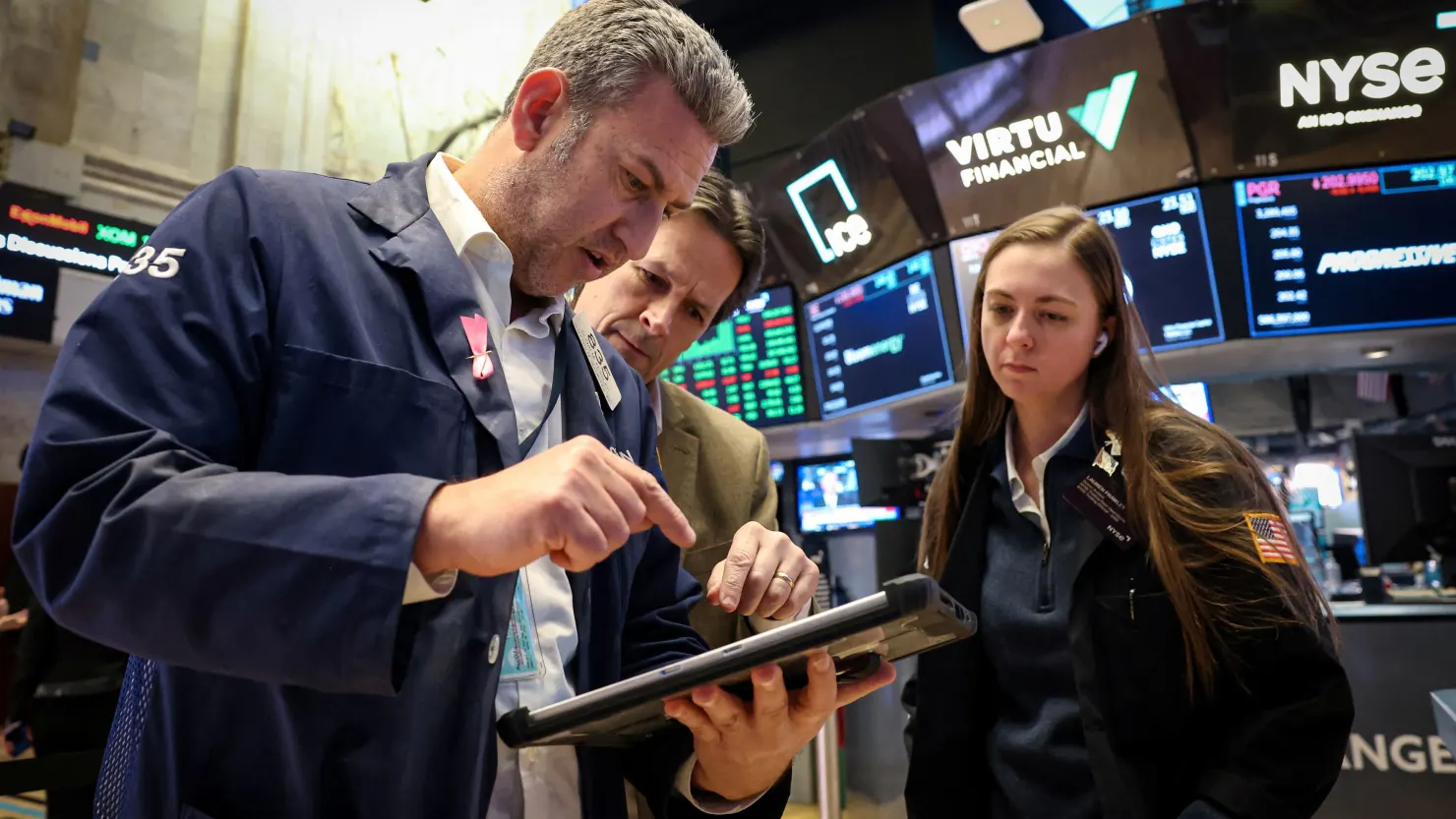
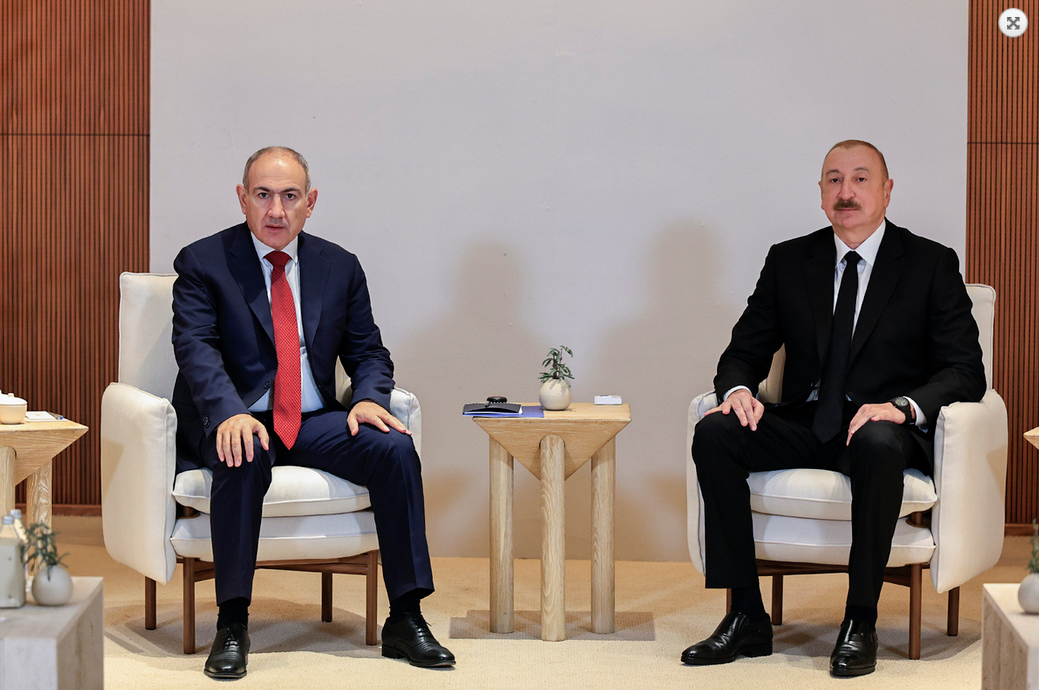
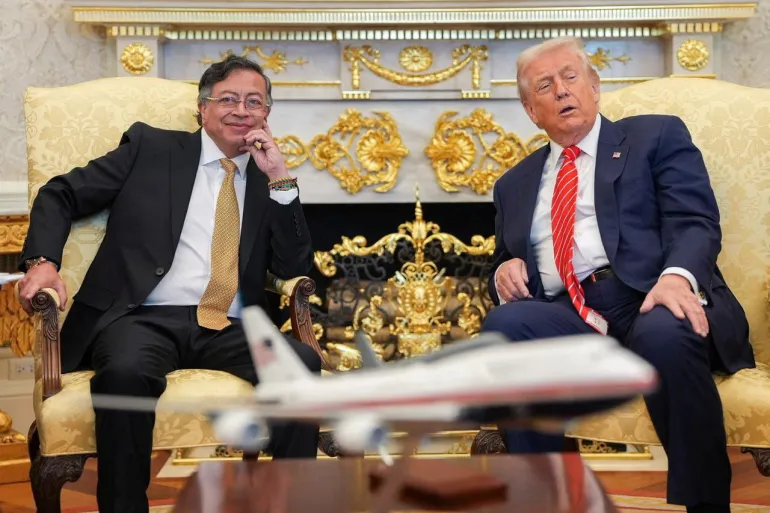
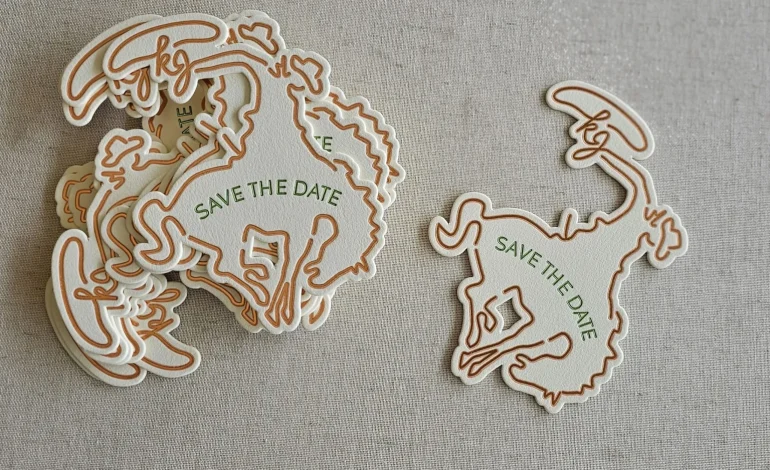




The latest news in your social feeds
Subscribe to our social media platforms to stay tuned